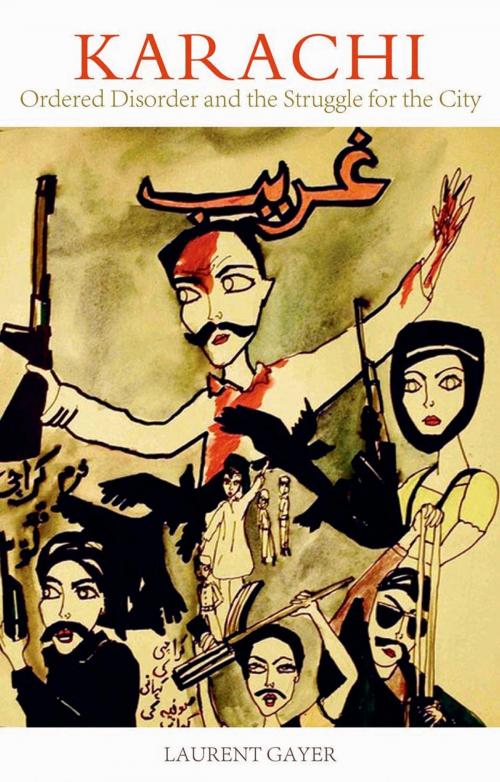Karachi
Ordered Disorder and the Struggle for the City
Nonfiction, History, Asian, Asia, Social & Cultural Studies, Social Science, Sociology, Urban, Political Science| Author: | Laurent Gayer | ISBN: | 9780190238063 |
| Publisher: | Oxford University Press | Publication: | July 1, 2014 |
| Imprint: | Oxford University Press | Language: | English |
| Author: | Laurent Gayer |
| ISBN: | 9780190238063 |
| Publisher: | Oxford University Press |
| Publication: | July 1, 2014 |
| Imprint: | Oxford University Press |
| Language: | English |
With an official population approaching fifteen million, Karachi is one of the largest cities in the world. It is also the most violent. Since the mid-1980s, it has endured endemic political conflict and criminal violence, which revolve around control of the city and its resources (votes, land and bhatta-"protection" money). These struggles for the city have become ethnicized. Karachi, often referred to as a "Pakistan in miniature," has become increasingly fragmented, socially as well as territorially. Despite this chronic state of urban political warfare, Karachi is the cornerstone of the economy of Pakistan. Gayer's book is an attempt to elucidate this conundrum. Against journalistic accounts describing Karachi as chaotic and ungovernable, he argues that there is indeed order of a kind in the city's permanent civil war. Far from being entropic, Karachi's polity is predicated upon organisational, interpretative and pragmatic routines that have made violence "manageable" for its populations. Whether such "ordered disorder" is viable in the long term remains to be seen, but for now Karachi works despite-and sometimes through-violence.
With an official population approaching fifteen million, Karachi is one of the largest cities in the world. It is also the most violent. Since the mid-1980s, it has endured endemic political conflict and criminal violence, which revolve around control of the city and its resources (votes, land and bhatta-"protection" money). These struggles for the city have become ethnicized. Karachi, often referred to as a "Pakistan in miniature," has become increasingly fragmented, socially as well as territorially. Despite this chronic state of urban political warfare, Karachi is the cornerstone of the economy of Pakistan. Gayer's book is an attempt to elucidate this conundrum. Against journalistic accounts describing Karachi as chaotic and ungovernable, he argues that there is indeed order of a kind in the city's permanent civil war. Far from being entropic, Karachi's polity is predicated upon organisational, interpretative and pragmatic routines that have made violence "manageable" for its populations. Whether such "ordered disorder" is viable in the long term remains to be seen, but for now Karachi works despite-and sometimes through-violence.















